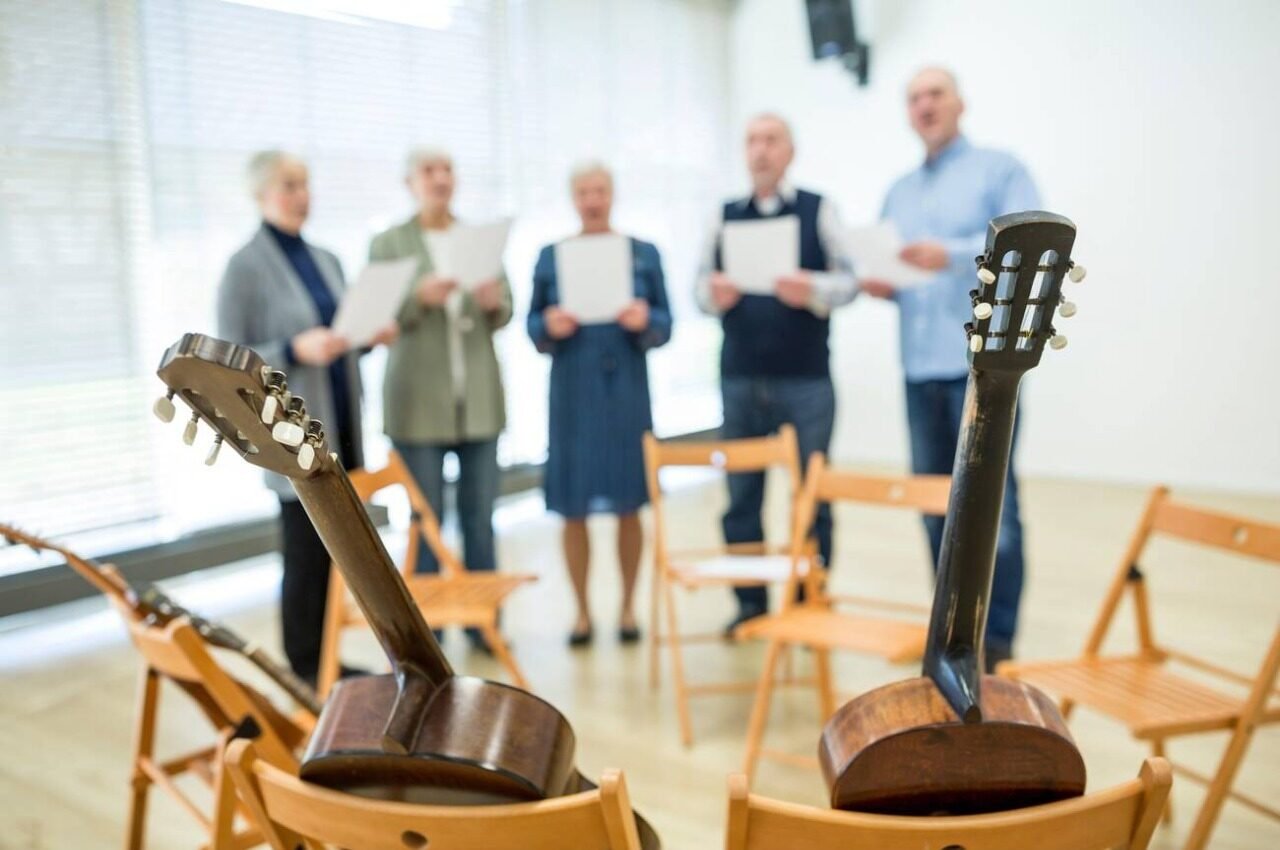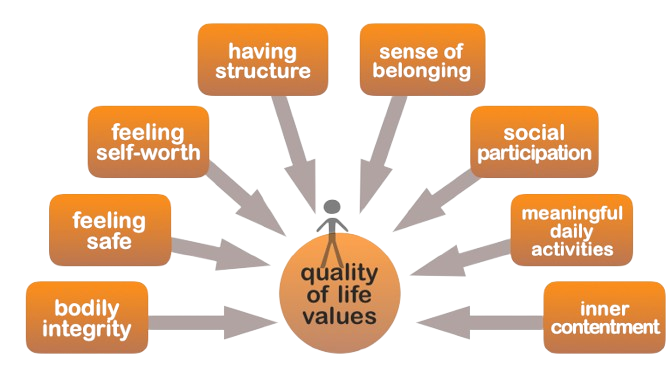Aging affects the respiratory system. The decline may lead to difficulties with breathing and can also contribute to challenges physically, in brain function and even personality traits.
Aging changes in the lungs. Bones and muscles that permit breathing lose their strength and elasticity which can cause breathing abilities to decline…tiredness and shortness of breath … the nervous system and immune functions are compromised.

Aging changes in the lungs. Bones and muscles that permit breathing lose their strength and elasticity which can cause breathing abilities to decline…tiredness and shortness of breath … the nervous system and immune functions are compromised.

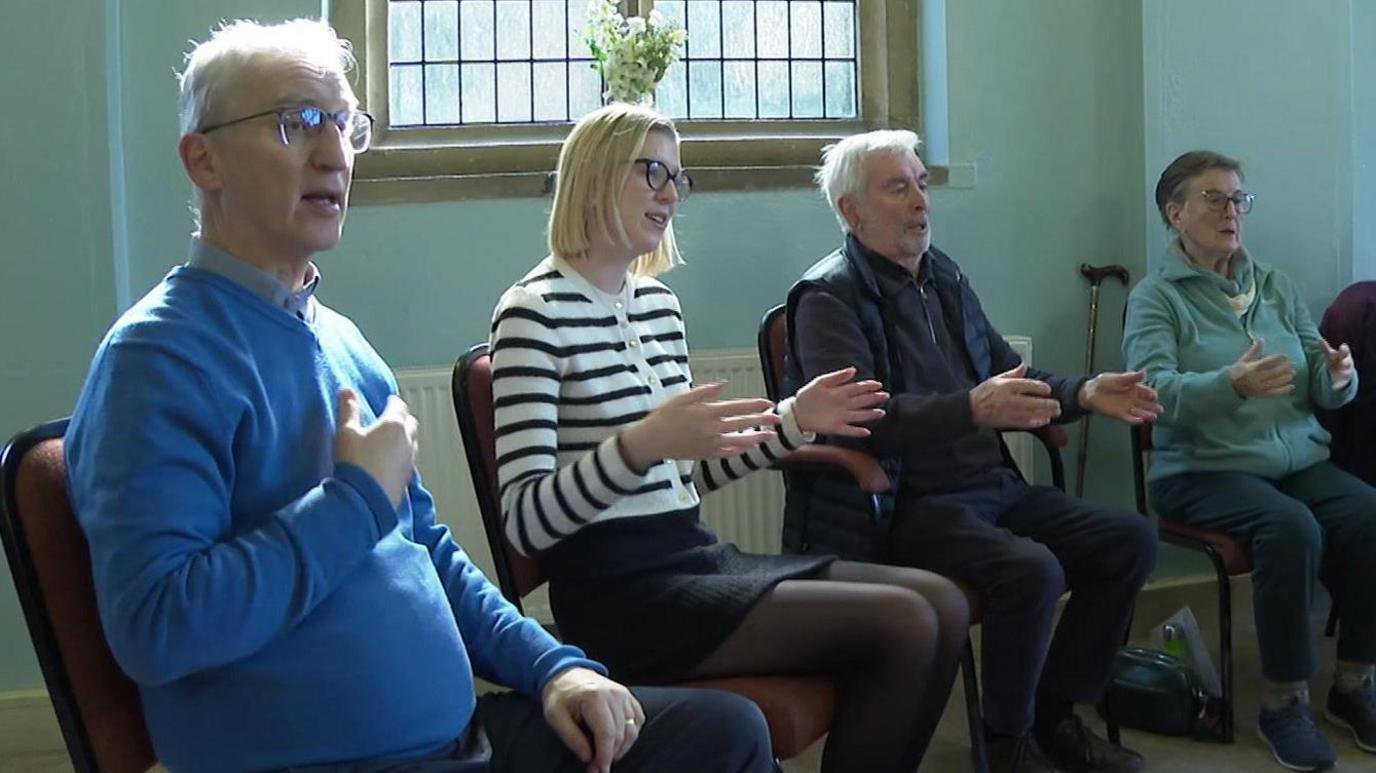
StarSong programs are designed to help senior adults utilize singing for both better breathing and general well-being. As participants learn and practice beneficial breathing techniques and exercises, they can strengthen and retrain their respiration habits to assist in building lung function.
As people age, they experience a range of physical obstacles including chronic health conditions, reduced mobility and cognitive decline. These impact their independence and quality of life. Singing for Health and Well- Being can assist seniors in meeting these challenges.
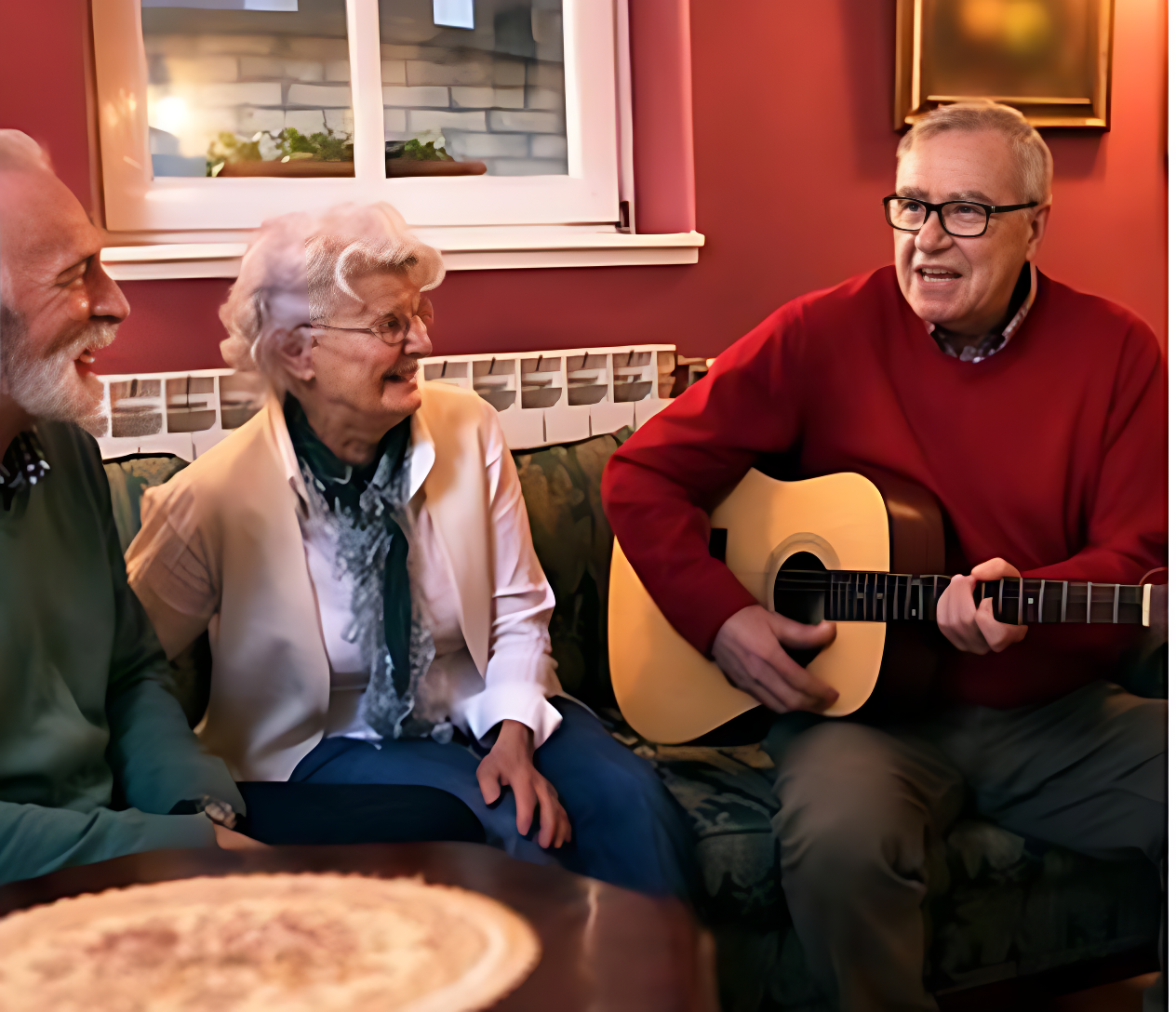

Singing together has been shown to improve the lives of senior adults.


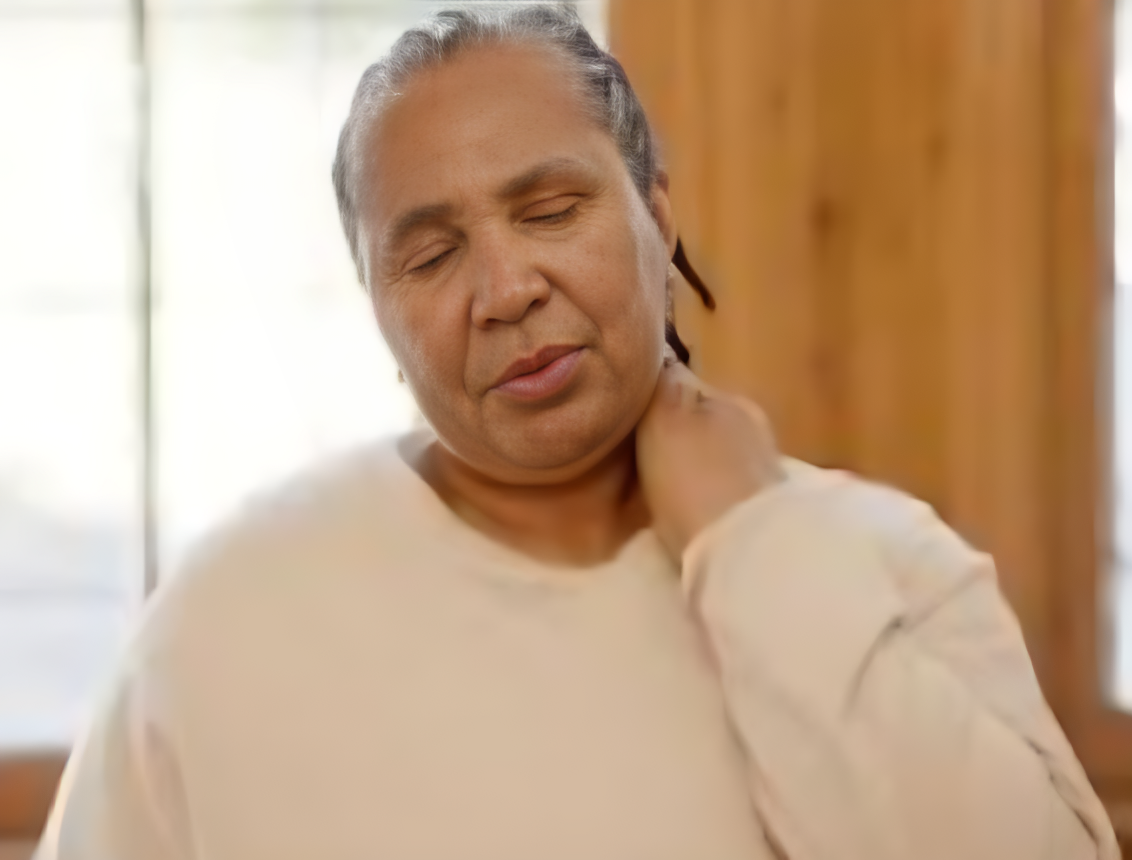


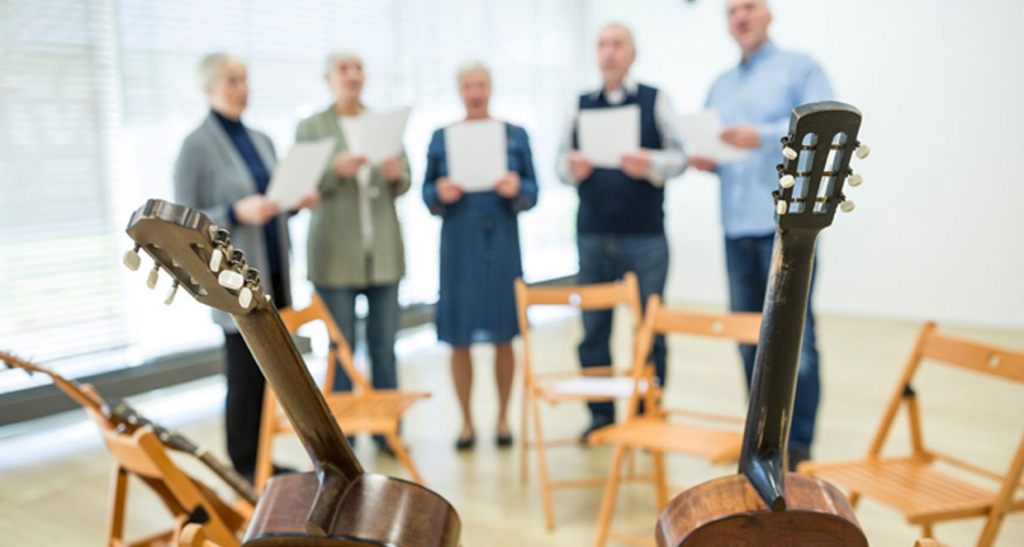
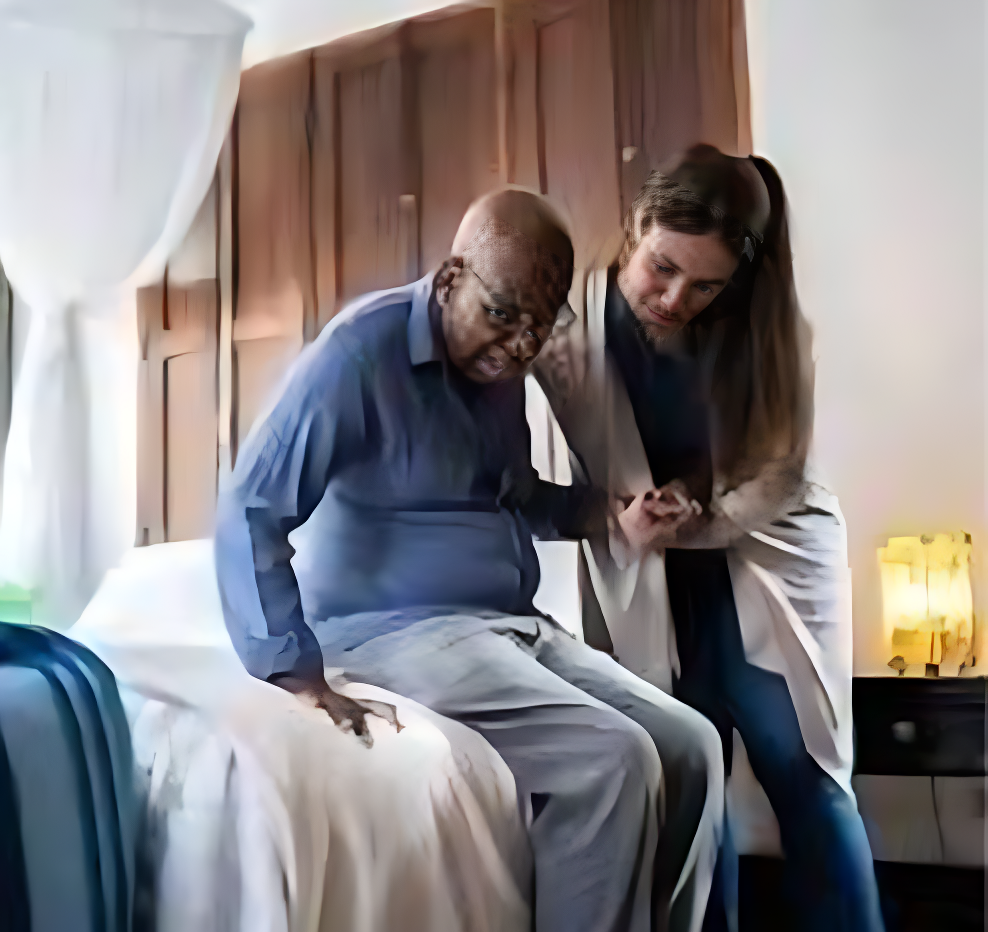
Singing in a group benefits senior adults
with more advantages than just better breathing
